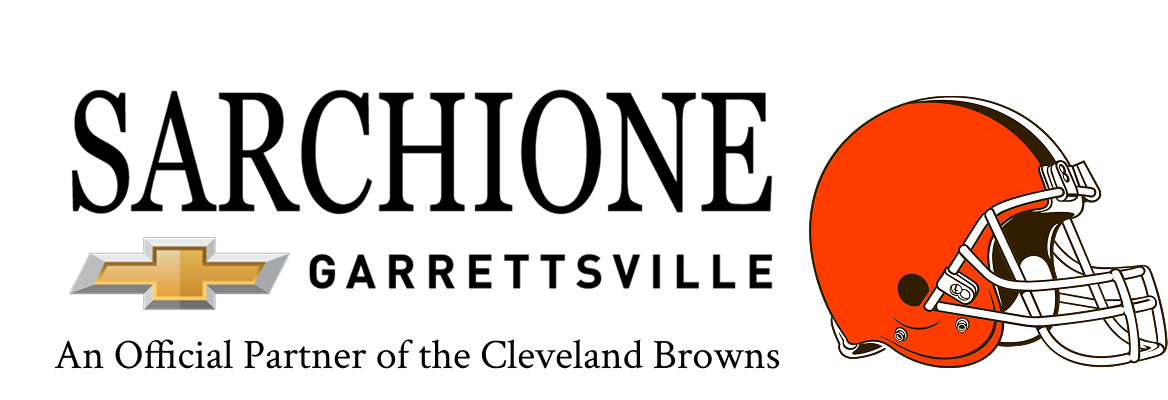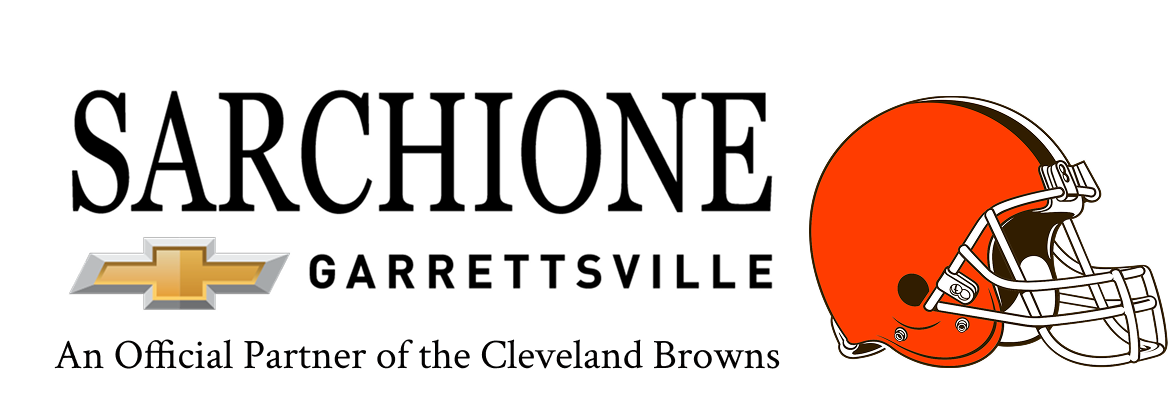Worn Chevy wheel bearings are a common issue that vehicle owners should be aware of. Wheel bearings play a crucial role in allowing the wheels to rotate smoothly while supporting the weight of the vehicle. Over time, these bearings can wear out due to constant friction, exposure to the elements, or a lack of proper maintenance.
Identifying worn Chevy wheel bearings early can save you from costly repairs and prevent further damage to your vehicle's suspension and drivetrain systems. This article will guide you through the signs and causes of worn wheel bearings, and how to address them effectively.
The Role of Wheel Bearings in Your Chevy
Before exploring the signs of worn Chevy wheel bearings, it's important to understand their function. Wheel bearings are designed to allow the wheels to rotate with minimal friction. Located in the wheel hub, they connect the wheel to the axle and reduce friction as the wheel turns. This allows the wheel to rotate smoothly and efficiently while supporting the weight of the vehicle.
When wheel bearings are in good condition, the wheels rotate freely and quietly. However, over time, the constant pressure and friction can cause the bearings to deteriorate, which can lead to a range of symptoms that affect the performance and safety of your vehicle.
Symptoms of Worn Chevy Wheel Bearings
There are several common signs that may indicate your Chevy vehicle has worn wheel bearings. Recognizing these symptoms early can prevent further damage and reduce the risk of a breakdown.
Unusual Noises
One of the most common signs of worn wheel bearings is an unusual noise coming from the wheels. As the bearings wear down, they may begin to make a grinding, humming, or growling noise, especially when the vehicle is in motion. This noise often becomes louder as the vehicle accelerates or decelerates, and it can become more pronounced when turning. If you hear such sounds, it’s a strong indication that the wheel bearings need attention.
Vibration or Pulling to One Side
Worn wheel bearings can also cause vibration or cause the vehicle to pull to one side while driving. As the bearings deteriorate, they may cause uneven movement in the wheel, leading to a noticeable vibration in the steering wheel or the seat. If your vehicle is pulling to one side, it could be a sign that the bearings are not functioning properly and may need to be replaced.
Excessive Play in the Wheel
If the wheel bearings are significantly worn, there may be noticeable play in the wheel. You may notice that the wheel feels loose or has some give when you try to wiggle it. This excessive movement can affect the handling and stability of the vehicle, making it unsafe to drive.
Abnormal Tire Wear
Worn Chevy wheel bearings can cause uneven tire wear, which occurs when the wheels are not rotating correctly due to bearing issues. If you notice your tires are wearing unevenly or prematurely, it’s a good idea to have the wheel bearings checked. Poorly maintained bearings can lead to excessive wear on the tires, resulting in the need for early replacement.
Causes of Worn Chevy Wheel Bearings
Several factors can contribute to the wear and tear of wheel bearings. One of the primary causes is the accumulation of dirt, moisture, and road debris, which can damage the bearings over time. If the seals around the wheel bearings become compromised, contaminants can enter and cause the bearings to deteriorate more quickly.
Another cause of worn wheel bearings is driving conditions. For example, frequently driving on rough or uneven roads, or regularly carrying heavy loads, can place additional stress on the wheel bearings and cause them to wear out faster. Lack of proper maintenance, such as failing to lubricate the bearings or replace worn components, can also accelerate the deterioration of the bearings.
How Worn Wheel Bearings Affect Vehicle Performance
When wheel bearings are worn or damaged, they can affect the overall performance and safety of the vehicle. As the bearings deteriorate, they create additional friction, which can lead to overheating. This can cause the wheels to seize up or the bearings to break apart completely, potentially causing a loss of control or a breakdown on the road.
In addition to compromising safety, worn wheel bearings can also place undue stress on other components of the vehicle, such as the suspension and drivetrain. This can lead to more expensive repairs down the line if the issue is not addressed promptly.
Addressing Worn Chevy Wheel Bearings
If you suspect that your Chevy has worn wheel bearings, it’s important to address the issue as soon as possible. While some vehicle owners may choose to attempt repairs themselves, it’s recommended to seek the help of a professional mechanic. Replacing wheel bearings involves removing the wheel, brake components, and hub assembly, which requires specialized tools and knowledge.
A mechanic will inspect the wheel bearings and determine whether they need to be replaced. If the bearings are severely worn, it may be necessary to replace the entire wheel hub assembly to restore proper function. This process typically involves pressing out the old bearings and installing new ones. It guarantees that the wheel is securely connected to the axle and rotates smoothly.
Worn Chevy wheel bearings are a serious issue that should not be ignored. If you notice unusual noises, vibration, pulling to one side, or uneven tire wear, your vehicle may be experiencing problems with its wheel bearings. Addressing this issue early will help maintain your vehicle’s performance and safety, while preventing costly repairs down the road. Always consult a professional mechanic if you suspect that your wheel bearings need replacement. Proper maintenance and timely repairs at a Chevy service center will keep your vehicle running smoothly and safely for years to come.


